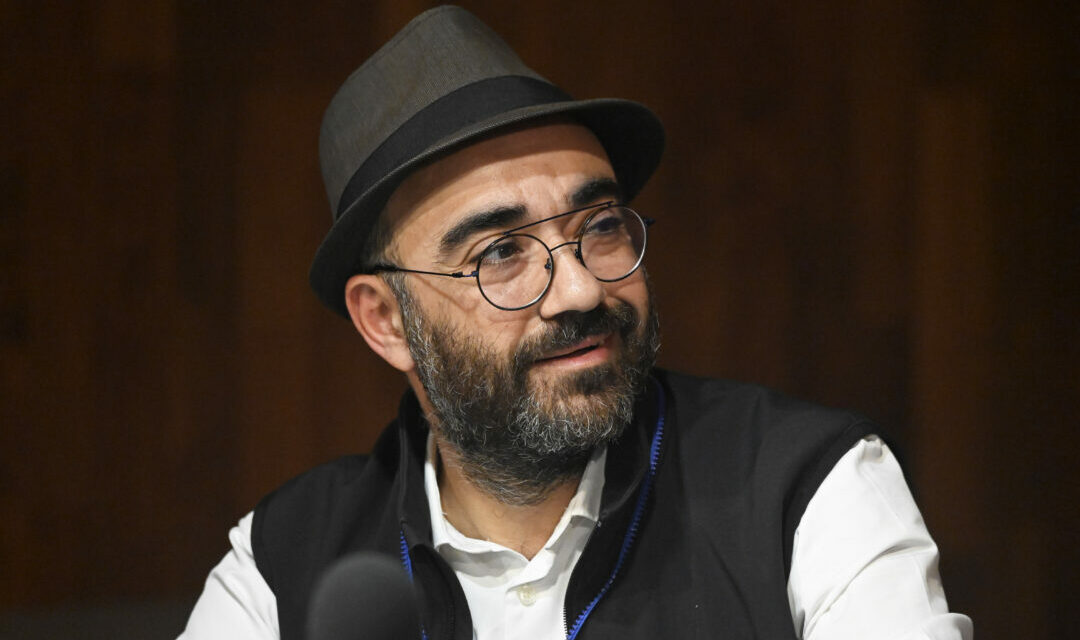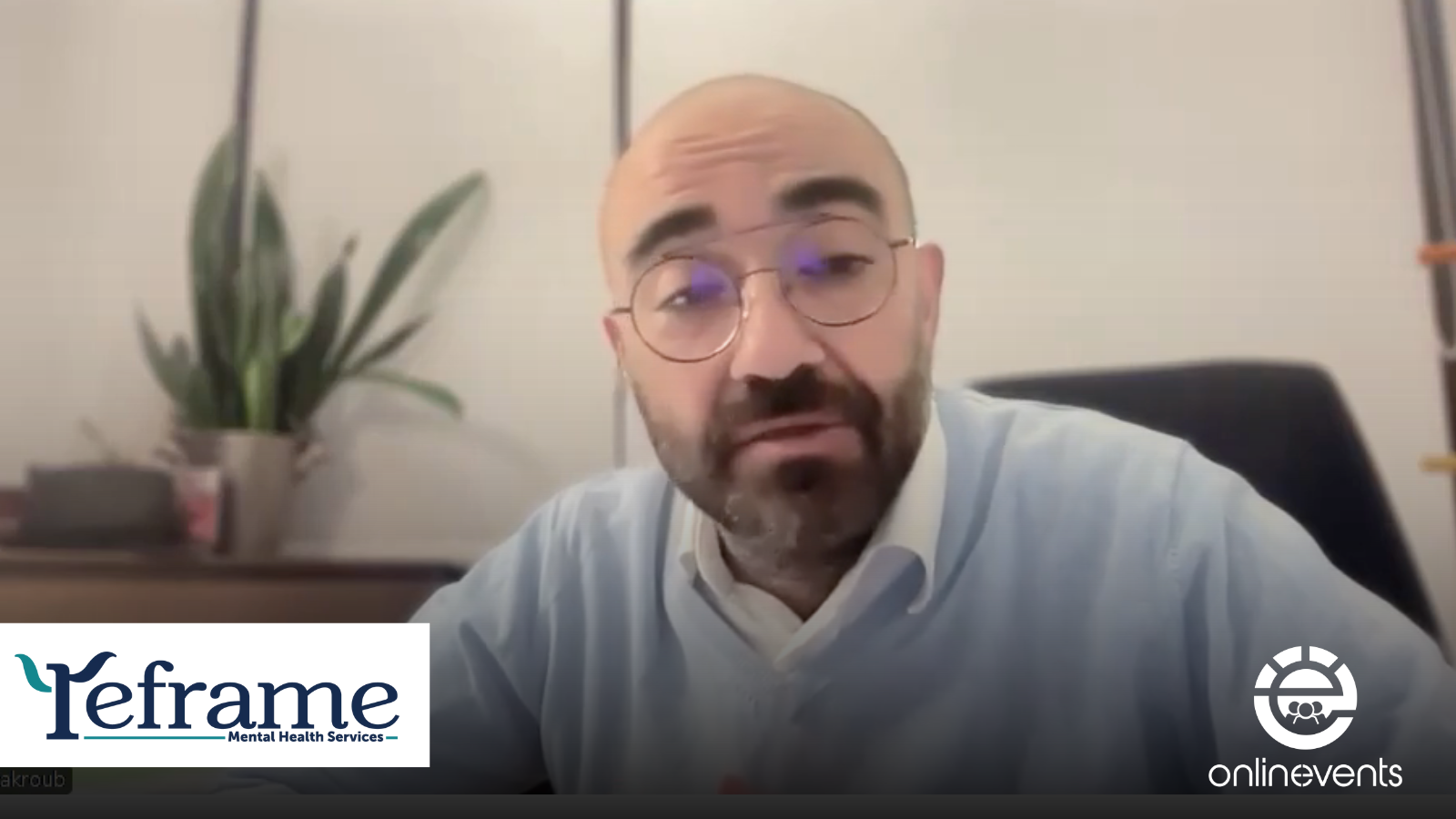Puppetry is distinguished by its ability to transform thoughts, fears, and desires into creative activity, and to facilitate symbolic transformation of internal conflicts to enable the individuals to deal more effectively with reality. The creation and animation of puppets initiate a transitional process – a bridge between the lost past, the unstable present and the blurred future. In this process, the puppet plays the emotional role of the transitional object described by Donald Winnicott (2005). Puppetry helps people to travel to the dramatic reality of nostalgia, then return safely to the daily reality. The return is safe because this process sets clear and tangible boundaries between imagination and reality, between nostalgic yesterday and here and now. These limits can be controlled in space through the miniatures of people and places, and in time by setting the timing of the travel in the imagination by the puppet manipulation. What happens in the dramatic reality is a symbolic transformation process.
The trainer will use different methods of Art Therapy and puppet therapy. Some activities are created by the trainer himself. With taking in consideration the EPR approach (Embodiment-Projection-Role), yet the trainers will adapt his approach regarding the psychological situation of the participants, the cultures, and traditions as well as the host environment.
Learning Objective Participants Can Expect From This Event
- Every participant will be aware of the psychological power of the puppetry on children and adults
- the history of puppets and psychology
- how to use it
Who is This Workshop Appropriate For?
- Psychologists, social workers, psychomotor and speech therapists, applied artists who needs new skills to work in psychosocial context.
How May This Workshop Impact Your Practice?
- they will be using the tips to work with the clinets in their private clinics
Course Content
Organisation
Mental Health Services
Presenter

Karim DAKROUB, PhD, is a clinical psychologist/psychotherapist, theatre director, puppeteer, and a psychosocial consultant. He is currently a professor at the Lebanese University. As a founder and president of KHAYAL Association for Arts and Education, he designed and managed several cultural, social, and psychosocial projects, and worked with various local and international organizations. His puppet theatre plays were staged in many festivals around the world. He worked as a psychosocial expert and a trainer as response on different wars and crisis of the middle east.



